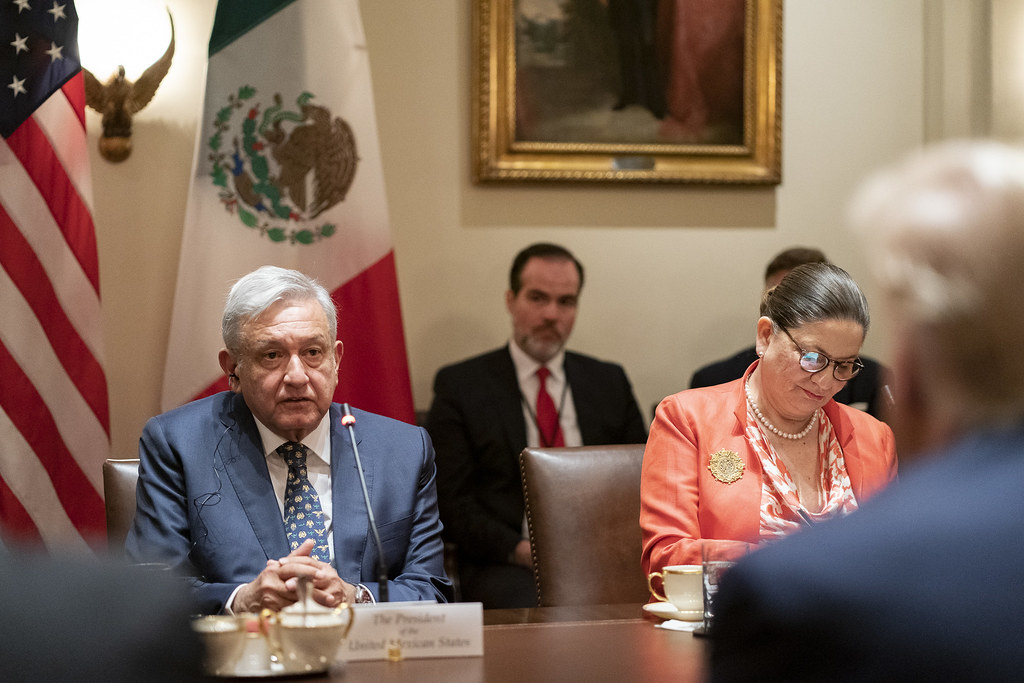 On Tuesday June 4, 2024, President Joe Biden’s rumored executive action on immigration was unveiled by the White House.
On Tuesday June 4, 2024, President Joe Biden’s rumored executive action on immigration was unveiled by the White House.
Among its sweeping provisions, effective Wednesday June 5, 2024, the order will limit the number of migrants who can claim asylum at ports of entry along the southern U.S. border, while there are high levels of illegal crossings at the southern border.
Specifically, migrants seeking asylum will be turned away at the border when the seven-day average of daily border crossings exceeds 2,500 daily encounters between ports of entry. Since the number of encounters currently exceeds this figure, the order will go into effect immediately.
This means that starting June 5th U.S. border officials will stop conducting credible fear interviews for asylum claims and will instead quickly expel migrants seeking asylum at the border.
Migrants who are expelled under the order will receive a minimum five-year bar on reentry to the United States and potentially be subject to criminal prosecution.
The government will only accept asylum claims at the border if 14 days have passed, and the number of daily encounters has declined to 1,500 migrants or less at U.S. ports of entry.
Apart from unaccompanied minors, the order applies to all noncitizens, encountered along the southern border, irrespective of their country of origin.
What does the order do?
This executive order will temporarily suspend the entry of noncitizens who cross the border without prior authorization, or a legal basis to do so, including those claiming asylum at the border during periods of high border crossings.
Can migrants still claim asylum through scheduled appointments on the Customs and Border Protection’s One App?
Yes. The executive order does not prohibit migrants from using the CBP One app to make appointments at the border where they are able to claim asylum. The executive order only prohibits “unscheduled” asylum claims at the border.
 Visa Lawyer Blog
Visa Lawyer Blog









